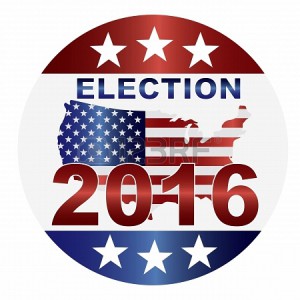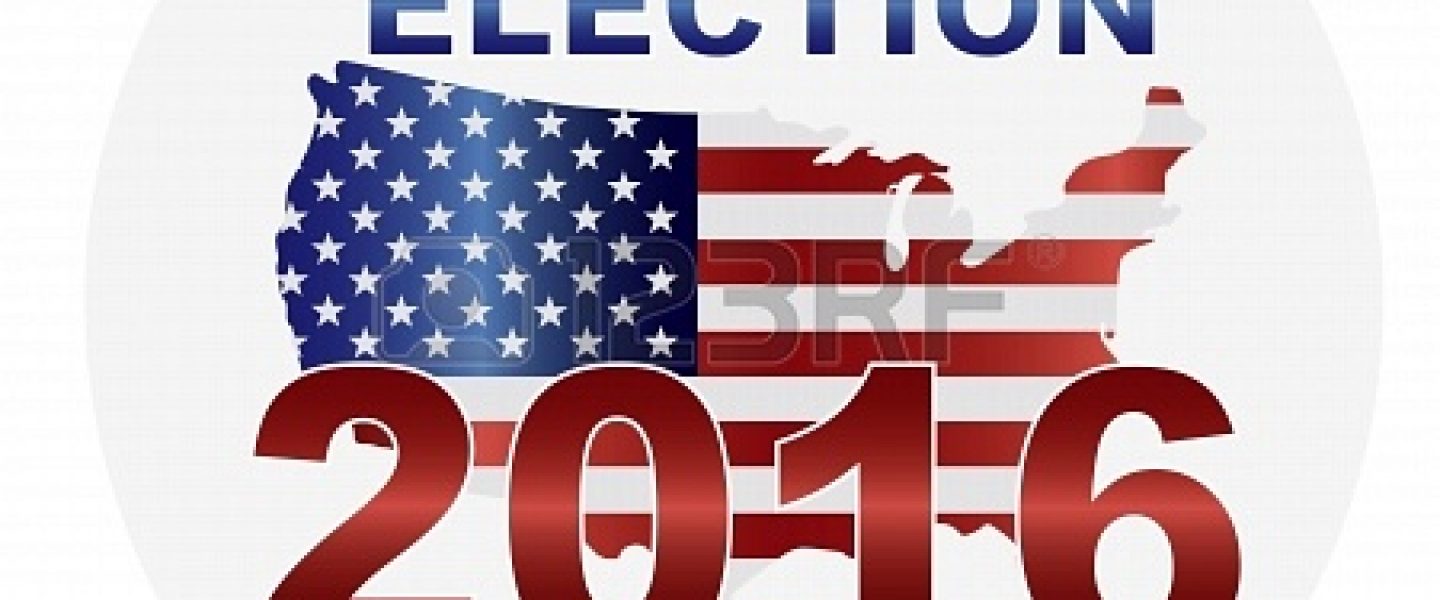
It seems like almost every week there are poll results released for a poll that deals with marijuana reform. ‘Do you support recreational marijuana legalization?’ ‘Do you support legalizing medical marijuana?’ The poll results are almost always favorable, whether it be national polling, state-level polling, local polling, demographic-based polling, etc.. The poll results usually show support for reform by large margins. But in most instances where the polling is done where an election is held, the poll results almost never match, with the Election Day results coming in less than the poll results.
I will be the first to accept that polls are not always solid. Polls are meant to gauge things, but are far from guaranteed to be 100% spot on. Polls are a sample of math, from which claims can be made that fall into certain confidence intervals, but never achieve a 100% confidence interval because the entire population size hasn’t been polled. With that being said, I think that most general topic polls are pretty accurate in regards to marijuana. When pollsters ask a sample of the American population ‘do you support marijuana legalization?’ I expect those poll results to show a clear majority for ‘yes’, because it’s pretty obvious that a clear majority of Americans actually do support marijuana legalization.
The results of a recent Quinnipiac University poll were released which found that 84% of poll participants in Florida supported medical marijuana. I think that number is accurate, even if the election results from last November came in at just 58% voting ‘yes’ on the Florida medical marijuana initiative. Why is there such a difference? Below is a stellar tweet from Marijuana Policy Project’s Dan Riffle who summed it up very well in less than 140 characters:
Lesson for Ohio in Quinnipiac: MMJ polls at 84% in FL, but Nov. initiative got only 58%. Specifics matter, and that OH initiative is awful.
— Dan Riffle (@DanRiffle) April 6, 2015
Indeed, Mr. Riffle. The devil is in the details. I saw that play out in my home state too. There has been a lot of support for marijuana legalization in Oregon for a long time, well above 50%. A lot of people don’t know that the now successful 2014 effort was actually originally aimed at the 2012 ballot. But, due to time constraints and budget projects, the campaign organizers felt it would be better to see how 2012 played out, and if 2012 efforts failed, to move ahead with a 2014 effort. As we all now know, Measure 80 failed in 2012. But just two years later, Measure 91 passed by the largest margin of any state-level marijuana legalization initiative.
What changed? The details. In just a two year period, the number of Oregonians that supported marijuana legalization likely didn’t change, voters just didn’t like the Measure 80 version of legalization. Oregon Measure 80 was very poorly written. Had the initiative organizer done polling first, he would have known that a version similar to Oregon Measure 91 would have done much better. I actually have seen polling that was done for Oregon Measure 91 in 2012, and the results were very similar to what we saw in November 2014.
Activists, organizations, and above all, campaigns, need to do quality polling before they ramp up efforts. That’s step one. They need to poll different versions of the initiative(s) they are planning on pursuing. They can’t rely on simple ‘yes/no’ polling. Someone may be quick to say ‘yes’ to a question of if they support medical marijuana legalization or not. But they may not think that certain conditions should qualify, or they don’t like certain plant limits, or possession amounts, or dispensary rules, or a number of other details. It’s also worth pointing out that favorable, specific polling is what brings in donors, and elections are rarely won without deep pockets backing the efforts, especially in marijuana politics.
As Russ Belville says, the best initiative is the one that wins. That’s not to say that every initiative is perfect. But just because it has a detail or two that are bad doesn’t mean it isn’t worth being pursued necessarily. Obviously, the marijuana movement shouldn’t make any unnecessary concessions, and should always strive for complete legalization for all in every reasonable scenario. But if solid polling clearly shows what voters in a certain geographical area will accept ‘X’ but reject ‘Y’, ‘Y’ should be avoided, and ‘X’ should be included. It could mean the difference between success on Election Day, or defeat, and a lot of head scratching.








